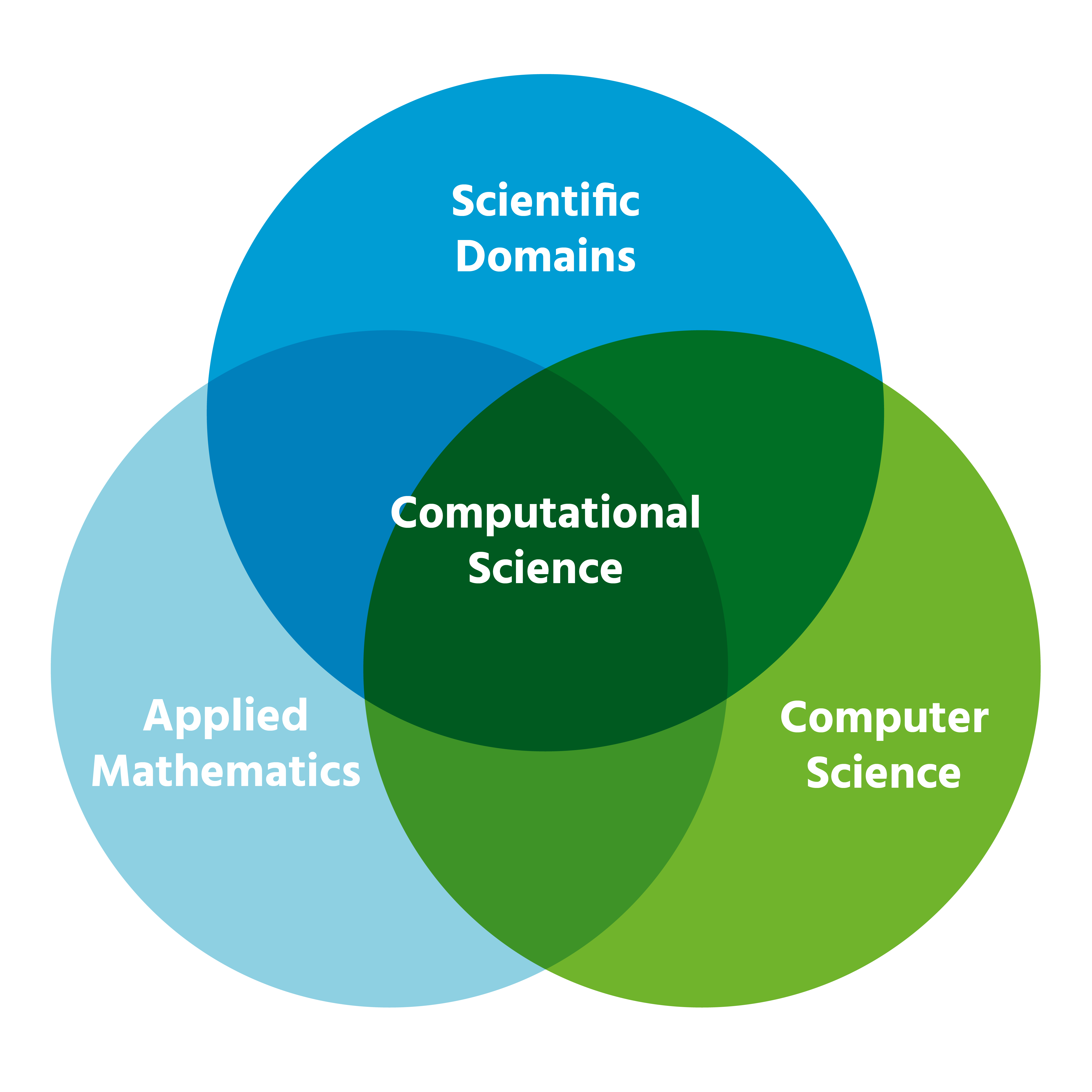Understanding the Master of Science in Education: Practical Pathways for Educators
Introduction to the Master of Science in Education (MS in Education)
The Master of Science in Education (commonly abbreviated as MS in Education , M.S.Ed. , or MScEd ) is a graduate-level degree designed for individuals seeking to deepen their practical skills, broaden their technical expertise in education, and advance their careers in teaching, administration, or educational leadership. Unlike the Master of Arts in Education, which emphasizes theoretical research and humanities-based approaches, the MS in Education is rooted in scientific, technical, and applied disciplines [5] .
What Sets the MS in Education Apart?
An MS in Education focuses on equipping educators with practical, hands-on experience and technical proficiency . Coursework typically covers instructional strategies, curriculum design, educational psychology, program evaluation, and leadership development. The degree is ideal for those interested in teaching STEM subjects, integrating technology in the classroom, or moving into roles that require data-driven decision making and policy analysis [3] [4] .
For example, an educator pursuing an MS in Education might specialize in areas such as special education, curriculum development, instructional leadership, or educational technology. These specializations are designed to address real-world challenges in schools and foster innovation in teaching practices [3] .
Typical Curriculum and Learning Outcomes
The curriculum for an MS in Education typically includes:
- Advanced Pedagogy: In-depth study of teaching methods, learning theory, and classroom management.
- Curriculum and Instruction: Designing and evaluating educational programs to meet diverse student needs.
- Educational Leadership: Preparing for roles such as school principal, department head, or instructional coordinator.
- Research Methods: Applying scientific analysis and data interpretation to improve educational outcomes.
- Technology Integration: Leveraging digital tools and platforms for effective instruction and assessment.
Graduates are expected to demonstrate proficiency in both theory and practice, with an emphasis on solving classroom challenges, implementing reform strategies, and driving educational improvement [3] .
Real-World Applications and Career Advancement
Pursuing an MS in Education offers multiple pathways for professional growth. Graduates are qualified for:
- Classroom Teaching: Enhanced subject-matter expertise, especially in STEM and technical disciplines.
- Educational Leadership: Positions such as curriculum specialist, instructional coach, or school administrator.
- Special Education: Working with students who have diverse learning needs or disabilities.
- Policy and Program Development: Engaging in educational reform, program evaluation, and policy analysis.
For example, a teacher who completes an MS in Education may transition into a role as a curriculum designer, helping their district implement new teaching standards or technology initiatives. Others may become instructional coordinators, supporting other educators and driving school-wide improvement efforts [4] .
Benefits of an MS in Education
An MS in Education provides several key benefits:
- Competitive Edge: Advanced credentials that differentiate you in the job market.
- Expanded Skills: Mastery of practical teaching techniques and technical knowledge.
- Leadership Opportunities: Preparation for administrative and supervisory roles.
- Networking: Access to professional communities and resources for career advancement.
- Field Expertise: Specialized knowledge in areas such as STEM, counseling, or special education [3] .
For instance, many school districts offer higher salary tiers for teachers holding advanced degrees, and some states require master’s-level coursework for certain leadership positions.
How to Access MS in Education Programs
To pursue an MS in Education, follow these steps:

Source: issuesandanswers.org
- Research Accredited Programs: Use official college and university websites, such as those of major public and private institutions. Look for programs accredited by recognized bodies such as the Council for the Accreditation of Educator Preparation (CAEP).
- Check Admission Requirements: Most programs require a bachelor’s degree, preferably in education or a related field. Some may require teaching experience or state licensure.
- Prepare Application Materials: Gather transcripts, letters of recommendation, a statement of purpose, and any required test scores (such as GRE).
- Apply Online: Submit your application through the official university portal. For specific guidance, visit the admissions section of your chosen institution’s official website.
- Explore Financial Aid: Investigate scholarships and federal financial aid by visiting the official FAFSA website. You can search for “FAFSA” on the official U.S. Department of Education website for application instructions.
If you are unsure where to start, you can contact the admissions office of a local university or search for “Master of Science in Education programs” using reputable education directories such as U.S. News & World Report or the American Association of Colleges for Teacher Education (AACTE).
Alternatives and Related Degrees
For those interested in different approaches to advanced education training, consider the following options:
- Master of Arts in Education (MAEd): Focuses on theoretical research and humanities-based approaches. Suitable for those interested in curriculum design or academic research [5] .
- Master of Education (MEd): Offers a broad range of specializations, including counseling, administration, and instructional leadership [2] .
Each degree has unique benefits and career outcomes. Consider your professional goals, desired skill set, and preferred learning style when choosing a program.
Potential Challenges and Solutions
Common challenges in pursuing an MS in Education include meeting admission requirements, balancing study with work, and financing your education. To address these issues:

Source: pinterest.com
- Admission Requirements: If you lack direct teaching experience, consider gaining experience as a teaching assistant or through substitute teaching before applying.
- Time Management: Select programs that offer part-time, evening, or online options to fit your schedule.
- Financial Aid: Many universities offer scholarships and assistantships; federal aid is available for graduate students through the official FAFSA process.
For additional support, reach out to the financial aid and academic advising offices at your chosen institution.
Action Steps and Implementation Guidance
To maximize your success in pursuing an MS in Education:
- Start by identifying your area of interest or desired specialization.
- Contact admissions counselors at accredited universities for program details and guidance.
- Prepare application materials early and seek feedback from mentors or colleagues.
- Explore financial aid opportunities and submit your FAFSA application through the official U.S. Department of Education website.
- Consider alternative pathways such as online programs or part-time study to balance professional and personal commitments.
Remember, every educational institution has unique offerings and requirements. For the most accurate and up-to-date information, visit the official website of your chosen university and contact their admissions department directly.
Summary and Key Takeaways
The Master of Science in Education is a versatile, practical degree that empowers educators to take on advanced roles in teaching, leadership, and program development. With a focus on hands-on learning and technical skills, the MS in Education is well-suited for those seeking to make a measurable impact in schools and educational organizations. By researching accredited programs, preparing thorough applications, and seeking financial assistance, you can take concrete steps toward advancing your career in education.
References
- [1] Wikipedia (2003). Master of Science overview.
- [2] Wikipedia (2005). Master of Education degree details.
- [3] Potomac University (n.d.). Benefits of a Master of Science in Education Degree.
- [4] Best Masters Degrees (n.d.). Difference Between a Master of Science and a Master of Arts in Education.
- [5] Neumann University (2022). MS vs. MA in Education – What’s the Difference?
MORE FROM searchhole.com













